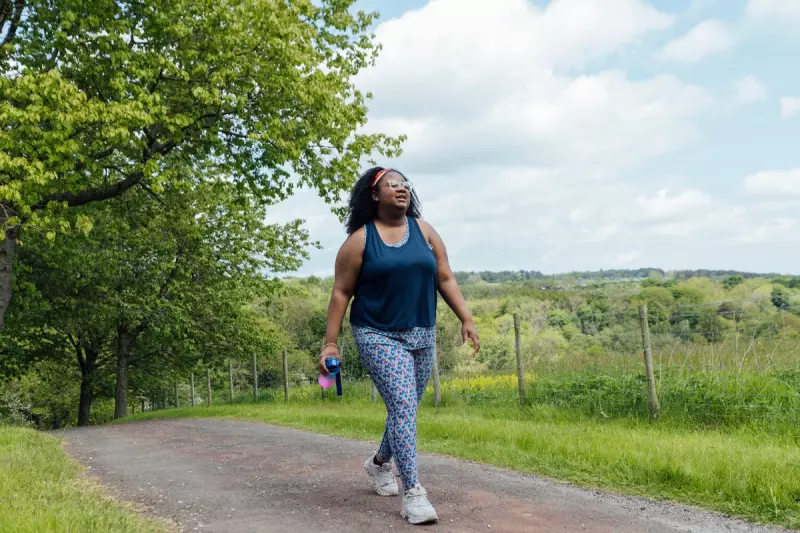
Millions across the UK plagued by persistent back pain may have a simple, cost-effective solution right at their feet. A revolutionary new study suggests that the act of walking regularly can be a potent medicine, significantly reducing the recurrence of debilitating aches and offering a long-term strategy for management.
The research, which followed hundreds of adults with a history of non-specific low back pain, delivers a powerful message: movement is medicine. Those who were encouraged to adopt a consistent walking routine experienced dramatically longer periods between painful episodes compared to those who did not receive any specific intervention.
Why Walking is a Game-Changer for Your Back
The benefits extend far beyond mere distraction. Experts pinpoint several key reasons why this gentle activity is so effective:
- Strengthens Core and Spinal Support: Walking engages and strengthens the core muscles that act as a natural corset for your spine, improving stability and reducing strain.
- Enhances Blood Flow and Healing: The movement promotes circulation, delivering essential oxygen and nutrients to the soft tissues in the back, which aids repair and reduces stiffness.
- Promotes Healthy Weight Management: Maintaining a healthy weight alleviates excess pressure on the spine and joints, a primary contributor to chronic pain.
- Releases Natural Feel-Good Chemicals: Physical activity triggers the release of endorphins, the body's innate painkillers, which can improve pain tolerance and mood.
Getting Started: Your Path to a Pain-Free Back
Convinced but unsure where to begin? The beauty of this treatment is its simplicity and accessibility. You don't need a gym membership or expensive equipment.
Health professionals recommend starting gradually. Begin with short, manageable walks of 15-20 minutes, three to five times a week. Listen to your body and slowly increase the duration and pace as your fitness improves. The goal is consistency, not intensity. Finding a pleasant route or a walking buddy can help transform this health intervention into an enjoyable daily habit.
This research empowers individuals to take an active role in managing their own well-being. It shifts the focus from passive, often expensive treatments to a proactive, sustainable, and empowering approach. Before starting any new exercise regimen, it is always advisable to consult with a GP or physiotherapist, especially if your pain is severe or accompanied by other symptoms.





